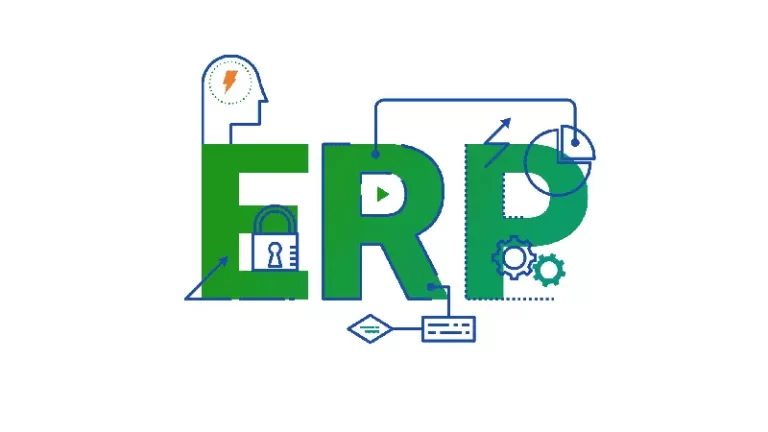In the realm of education, the management of complex administrative tasks and processes has often been a labor-intensive, paper-based endeavor. However, the adoption of Enterprise Resource Planning (ERP) systems is transforming the way educational institutions operate. These robust software solutions are designed to streamline and centralize administrative functions, thereby enhancing productivity and efficiency. In this article, we’ll explore the benefits and impact of implementing ERP in educational institutions.
Understanding ERP for Schools
Enterprise Resource Planning (ERP) systems are comprehensive software solutions that integrate various functions and processes within an organization. In the context of educational institutions, ERP for school is tailored to manage and automate a wide range of administrative tasks, from student admissions and fee collection to attendance tracking and academic planning.
Streamlined Admissions and Enrollment
The enrollment process can be a complex and time-consuming task for both educational institutions and prospective students. ERP systems for schools simplify this process by allowing online applications, document uploads, and real-time status updates. Admissions staff can efficiently manage applicant information, track application progress, and communicate with applicants, resulting in a smoother and more organized enrollment process.
Efficient Fee Collection
Fee collection is a critical aspect of school management, and ERP systems excel in this area. These systems offer online payment options, making it convenient for parents and guardians to pay fees securely. Automated fee reminders and tracking ensure that educational institutions receive payments promptly, reducing financial bottlenecks.
Enhanced Attendance Tracking
Manual attendance tracking can be cumbersome and prone to errors. ERP for schools offers automated attendance management, where teachers can record attendance using digital devices or mobile apps. This real-time data provides valuable insights into student attendance patterns, allowing for timely intervention when necessary.
Academic Planning and Curriculum Management
ERP systems help educational institutions plan and manage their academic curriculum effectively. They allow for the creation of timetables, scheduling of classes, and assignment of teachers to specific subjects. These tools provide the flexibility to adapt to changing academic requirements and easily accommodate extracurricular activities.
Resource Allocation and Management
Efficient allocation of resources, such as classrooms, laboratories, and teaching staff, is crucial for the smooth functioning of educational institutions. ERP systems provide tools to optimize resource allocation, prevent conflicts, and ensure that resources are used effectively, resulting in cost savings and improved operational efficiency.
Comprehensive Reporting and Analytics
One of the standout features of ERP systems for schools is their ability to generate comprehensive reports and analytics. Educational institutions can access data on admissions, attendance, finances, and academic performance in real-time. This data-driven approach helps institutions make informed decisions and identify areas for improvement.
Conclusion
The adoption of ERP systems in educational institutions marks a transformative shift from manual, paper-based processes to streamlined, digital workflows. These systems offer a range of benefits, including streamlined admissions and enrollment, efficient fee collection, enhanced attendance tracking, academic planning, resource allocation, and robust reporting and analytics. By implementing ERP for schools, educational institutions can significantly enhance their productivity, reduce administrative burdens, and provide a more efficient and transparent experience for students, parents, and staff.
As technology continues to play a pivotal role in education, ERP systems have emerged as essential tools for educational institutions striving to keep pace with evolving administrative needs and provide a more efficient and productive learning environment. From paperwork to productivity, ERP systems are revolutionizing the way educational institutions operate, ensuring they can focus on their core mission of providing quality education to students.



